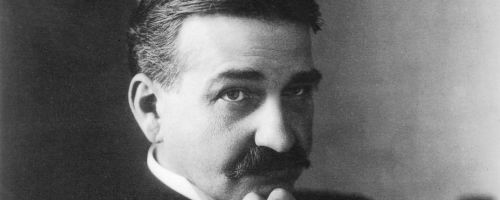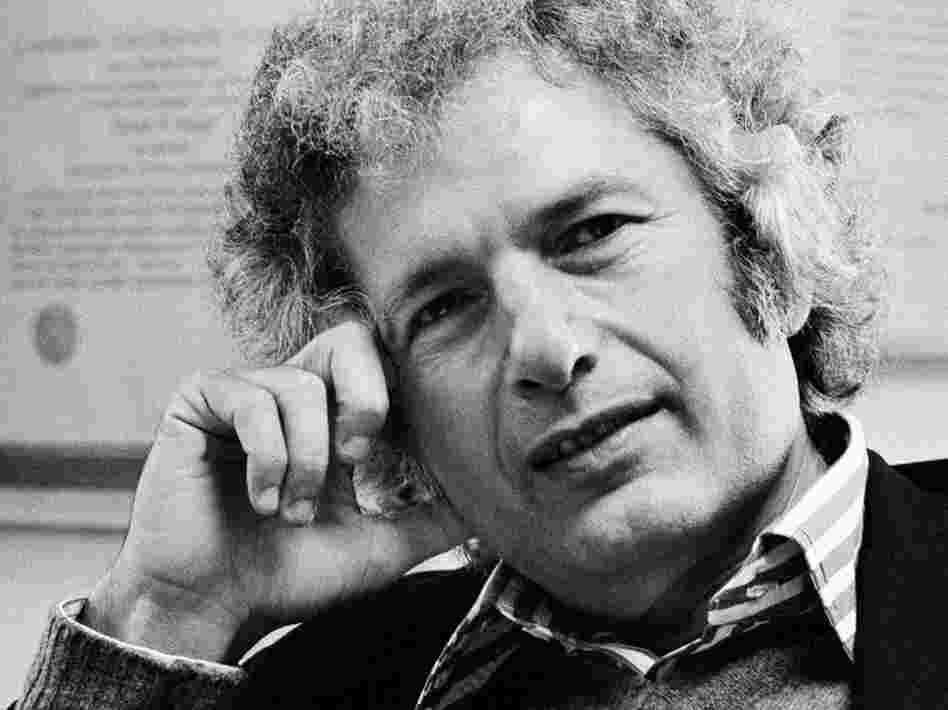It
can be embarrassing, at age 35, to list out all famous the writers you’ve never
read before. My list, the one below on the left, was
just pulled off the top of my head- it’s not even exhaustive. But look at all
those authors! Subtract a few short stories I might have read by that group,
and I’d draw a complete blank on each one of them.
Now, it’s easy to throw your hands up in despair, but a quick perusal of “new” authors I’ve read over the last two years is pretty heartening. That’s what’s represented by the list below on the right. Look at all those authors! It’s even longer than the list on the left. I’m tearing through them like they’re going out of style (as some of them undoubtedly are) and I’ve got Cervantes and Phillip Roth queued up and ready to move from left to right. It’s not unthinkable that in another couple years I can turn the majority of those on the left into so many notches on my readerly belt.
Looking at this side-by-side comparison, I’m feeling pretty good about making the most of the books I have left.
| Some authors I'm embarrassed not to have read | Authors new to me since 2011 |
|---|---|
| Saul Bellow | Herman Melville |
| Virginia Woolf | Charlotte Bronte |
| Jane Austen | Jack Kerouac |
| Leo Tolstoy | Edith Wharton |
| Theodor Dreiser | Henry James |
| Carson McCullers | Alice Munro |
| Flannery OConnor | Cormack McCarthy |
| Phillip Roth | John Steinbeck |
| Don Delilo | George Orwell |
| Alexander Dumas | Roberto Bolano |
| Jorge Luis Borges | Thomas Mann |
| Miguel Cervantes | William Faulkner |
| Gabriel Garcia Marquez | Wallace Stegner |
| Victor Hugo | Ivan Turgenev |
| Salman Rushdie | Marcel Proust |
| William Burroughs | Emily Bronte |
| Henry David Thoreau | George Eliot |
| Italo Calvino | Jeffrey Eugenides |
| Jack London | James Joyce |
| Haruki Murakami | E.M. Forster |
| William Gaddis | Eudora Welty |
| VS Naipaul | Joseph Heller |
| J.M. Coatzee | Sherwood Anderson |
| Jose Saramago | Fyodor Dostoevsky |
| John Updike | T.C. Boyle |
| David Foster Wallace | Isak Denisen |
| Ford Madox Ford | Thornton Wilder |
| Evelyn Waugh | Alan Paton |
| Henry Miller | Chaim Potok |
| Norman Mailer | Ricardo Guiraldes |
| Somerset Maugham | H. Rider Haggard |
| Sinclair Lewis | Karen Russel |
| Rudyard Kipling | Denis Johnson |
| Upton Sinclair | Jennifer Egan |
| Marylin Robinson | John Hersey |
| Margaret Atwood | Dana Spiotta |
| Willa Cather | Douglas Thayer |
| Michael Chabon | David Clark |
| Alexander Pushkin | Ben Lerner |
| Boris Pasternak | Boris Pahor |
| John Dos Passos | Roland Barthes |
| Thomas Wolfe | Ann Patchett |
| Tom Wolfe | Joan Didion |
| Gertrude Stein | David Gann |
| George Sand | Agatha Christie |
| Margaret Mitchell | Stephen King |
| Alice Walker | Orson Scott Card |
| Ralph Ellison | Clive Cussler |
| Erskine Caldwell | Erin Morgenstern |
| Allen Ginsberg | Steven Pressfield |
| Anne Bronte | C.J. Box |
| Richard Skinner | |
| Stephen Hawking | |
| Carlos Ruiz Zafon |

















